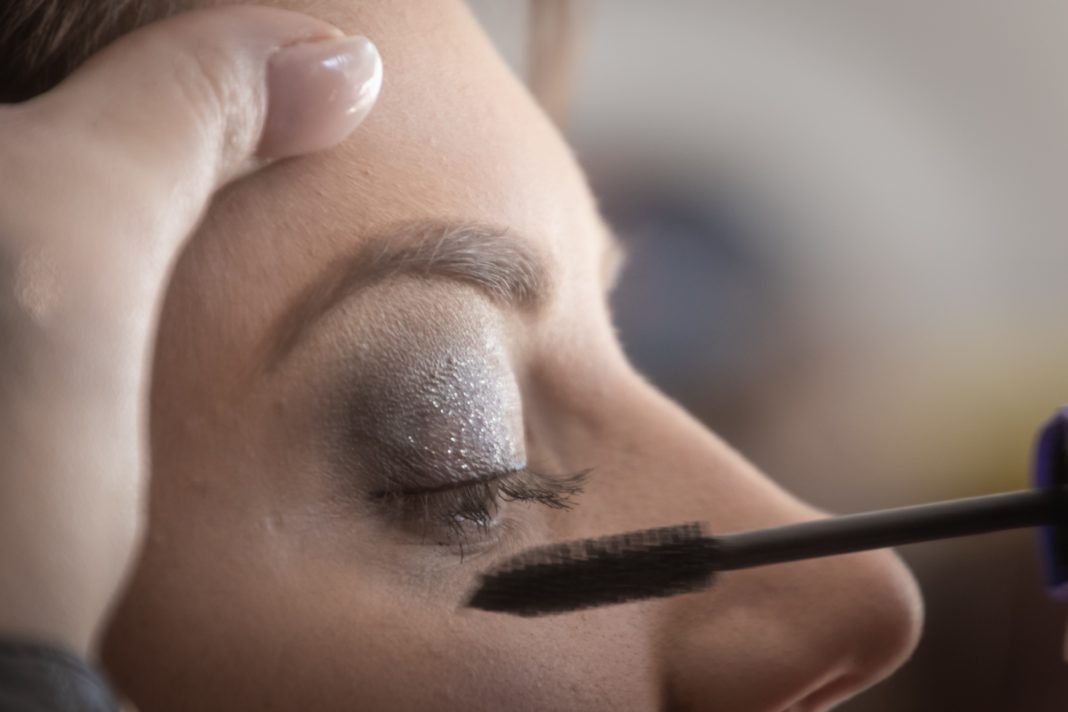Are chemicals bad for our skin?
Many natural beauty companies, manufacturers that pride themselves on omitting parabens, allergens, and hard-to-pronounce ingredients, would give a resounding “yes” to that question. However, labels such as “clean,” “natural,” and “non-toxic” can be misleading, as the Federal Trade Commission (FTC) and the Food and Drug Administration (FDA) have permitted loose regulations for this terminology.
The FDA has little influence over the beauty industry, and its only regulatory power is approving color additives in cosmetics before they’re allowed to be sold on shelves. So, competition between “clean” brands and “non-clean” brands has gotten messy. The clean beauty trend is pushing long-standing “big beauty” brands to reformulate products so that they mimic what smaller-batch, natural-based companies are pushing out.
According to Vox, beauty industry advocates have been trying to lobby for more funding for the FDA to enact more oversight on product ingredients. Currently, there are a handful of pending bills that would promote stronger regulation. At the end of 2017, Senator Orrin Hatch (R-UT) submitted the FDA Cosmetic Safety and Modernization Act, which would require cosmetic manufacturers and distributors to report “serious health side effects” to the FDA. Another similar but more publicized bill is the Personal Care Products Safety Act, which was introduced by Senator Dianne Feinstein (D-CA) and co-sponsored by Senator Susan Collins (R-ME). The bill would allow the FDA to make the same recalls and inspections on beauty products as they do on drugs and medical devices. It would also require the FDA to assess the safety levels of at least five ingredients every ear. To fund the program, companies would be charged a fee.





